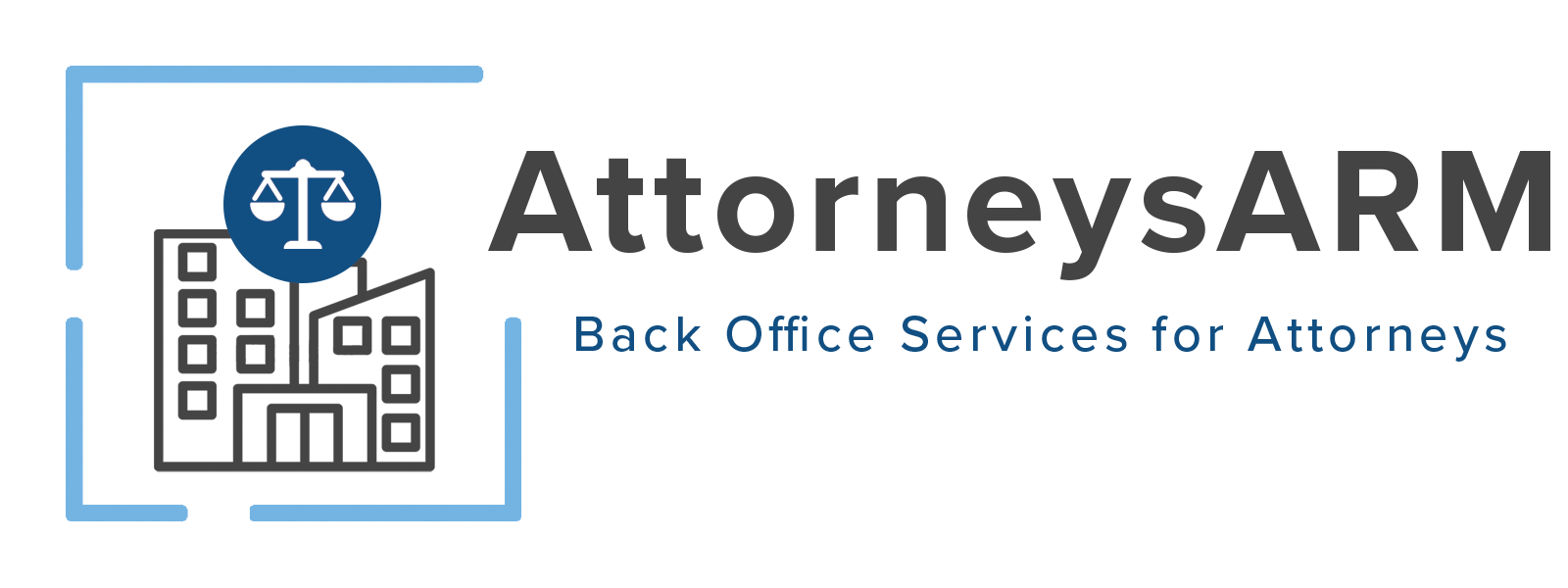A common New Year’s resolution that people have is starting a business. A new small business, more commonly referred to now as a start-up, is a lot of work. While starting a business is a goal for many people, statistics from the Small Business Administration show that 30% of small businesses fail in the first two years. Some organizations believe that the percentage of failing businesses is closer to 80%. What can you learn by observing the failing small businesses? You can learn about 4 problems that start-ups face and come up with a proactive solution to prepare your business to beat the odds. Keep in mind, though, that while we’ve listed 4 issues that your start-up could face, there are other issues that could pop up. Regardless of what pops up, there are solutions available, but the solutions will sometimes depend on when you discover the issue. So, after you read this list, make sure that you spend time thinking about other problems that your start-up could face and jot down a list of potential solutions for each one.
You’re Not a Good Listener
If you’re not a good listener, it could be harder for you to start and run a successful start-up. While a small business may give you the freedom that you’ve always wanted, you must be ready to fully listen to your clients to discover their needs, be able to receive feedback from the market, and take advice from seasoned business owners. If you’re unable to accept and understand what you’re being told, your business will suffer.
Solution: Learn about the process of active listening. Active listening has several steps. The purpose of active listening is to remain fully engaged in what another person is saying. This person could be a client, a vendor, a potential client, or another business owner. It means that while the other person is speaking, you’re not thinking of your own response. If you’re thinking about your response, you could miss something important. In addition to making you more open to what others are saying to you, using active listening can help you handle difficult clients.
You’re Not Clear on Your Vision
Before you start your business, you need a clear idea of what it is that you want to do. If you’re not clear on your vision, you’ll get frustrated and give up. Your vision guides your business, your future employees, and can even help clients find you. If you’re not clear on the purpose of your business, you could lose business.
Solution: Spend an ample amount of time thinking about what you see for the future of your business. What is it that you hope your business does or is? Look at the vision and mission statements of other businesses. They don’t even have to be in your industry. Your vision statement can change throughout time. Your vision statement could be as simple as becoming an industry leader. In a few years, that could change because your business has expanded to include other industries or services.
You’re Not Self-Disciplined
Self-discipline is the backbone of every successful business. While running your own business provides you with a certain amount of freedom, sometimes that freedom can cause you to fail. If you’re not available when your target market needs your services, you’re setting yourself up to fail. If you don’t set boundaries with your friends and family to protect your time, you’re setting yourself up to fail. You must practice self-discipline if you want to be successful.
Solution: If you find that you need to improve your self-discipline, there are some things that you can do. Set regular hours that you will devote to your start-up. Stick to those hours. Don’t schedule personal activities during that time. You’ll find that some days in business are harder than others. You must push through and continue to work even if you don’t feel like it. Self-discipline is what separates successful businesses from failing businesses.
You Don’t Have Enough Time in the Day
At some point in business, you’ll face a dilemma that involves your time; and it has nothing to do with self-discipline. It has to do with whether you’ll spend your time working with clients and growing your business or taking care of your billing, collections, client intake, and other administrative functions. Those administrative tasks are important. They have to be done. Yet, the time you spend on those items means that you spend less time with your clients. This time crunch can cause your business to stagnate.
Solution: Consider delegating your administrative tasks to Clients ARM. We have more than 30 years of experience. Clients ARM provides businesses of any size an affordable, remote solution to their needs. Clients ARM is around 40% less expensive than hiring a traditional employee. We provide customized solutions to help you take more control over your time. To learn how we can help you, schedule your free consultation.




